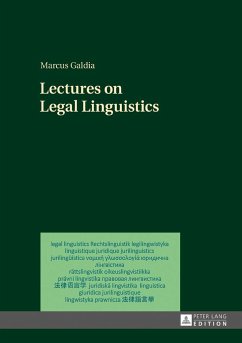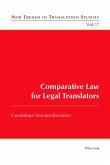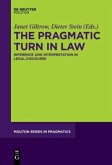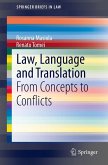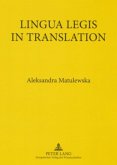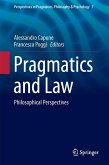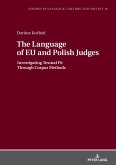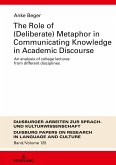This book describes law from the perspective of its language. It expands, reformulates and reshapes the author's previous book «Legal Linguistics». The recomposed text corresponds to lectures held for students of legal linguistics and scholars interested in the fundamental legal-linguistic research. The author focuses on legal-linguistic operations such as legal argumentation and legal interpretation that steer the legal discourse. He also explains the processes in which the meaning of law emerges in discursive practices. Furthermore, he scrutinizes problems of textuality of law. This book is also an introduction into the law of linguistic communication and into legal futurology that comprises linguistic aspects of legal globalization.
«Despite being highly technical and, as the title itself suggests, taking the form of lecturing, this work is accessible and, due to its interdisciplinary nature, should be of benefit to people of various disciplines for diverse purposes, which may be demonstrated by considering its key findings and contributions. [...] On the whole, Lectures on Legal Linguistics has successfully demonstrated that the legal-linguistic approach to explaining how law operates could have significant consequences not only for teaching and researching law as an academic discipline but also and especially for understanding and bettering law as a practice of adjudication.»
(Hanna H. Wei, Discourse Studies 20/5 2018)
(Hanna H. Wei, Discourse Studies 20/5 2018)

